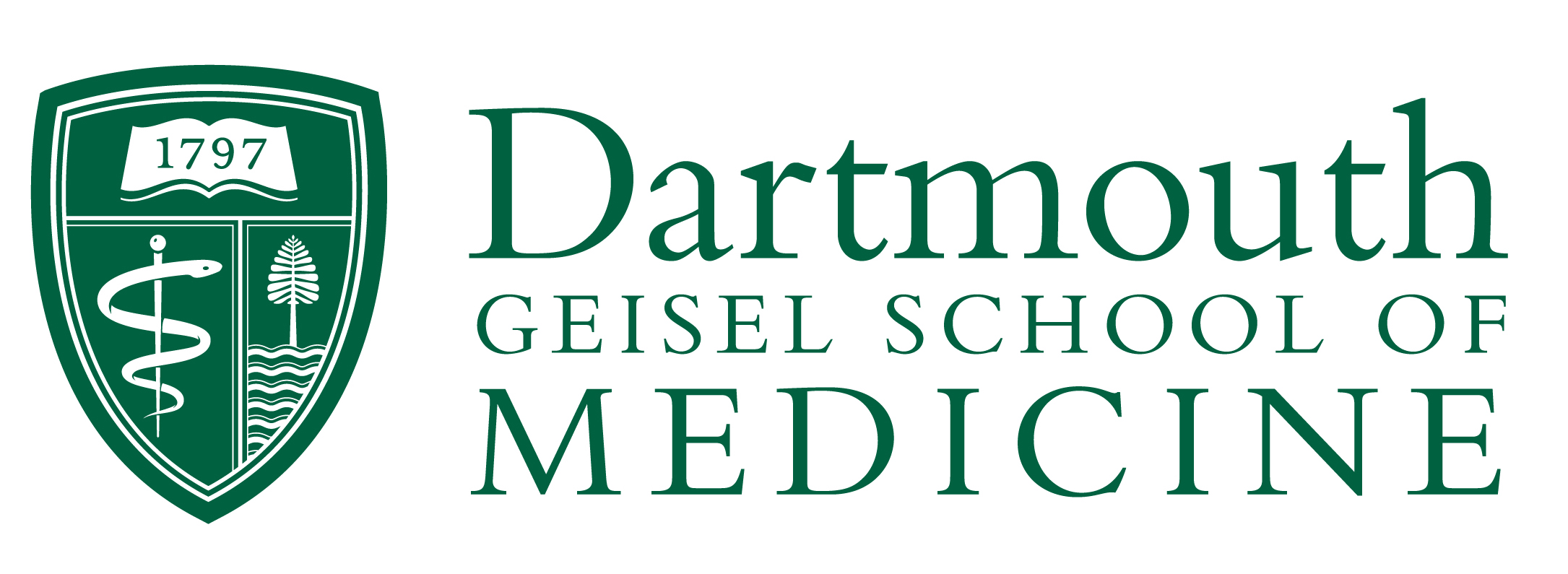
For decades, The Dartmouth Institute for Health Policy and Clinical Practice has been partnering with individuals and organizations to improve population health, reduce disparities, and create high-performing, sustainable health systems.
Whether working locally or nationally, in private or public sectors, the Institute’s diverse group of scholars, researchers, clinicians, students, and administrators can be found applying their skills and experiences in a variety of roles and settings—all with the common interest of advancing health and healthcare.
Continuing in that tradition is Carrie Colla, PhD, a Professor of The Dartmouth Institute. A highly respected health economist, Colla’s research has been dedicated to examining health systems performance and the effectiveness of payment and delivery system reforms. Recently, she began a post as Director of the Health Analysis Division at the Congressional Budget Office (CBO) in Washington, DC. In the following Q & A, Colla talks about her new position and how her Dartmouth experience is informing her work.
Q: Can you describe the overall role of the CBO and your duties and responsibilities as a division director?
Colla: The CBO’s core mission is to provide research and modeling that serves as the basis for estimating changes in the economy during each stage of the legislative process.
As the Director of the Health Analysis Division at the CBO, I manage teams in three different units: the health insurance modeling unit that runs our health insurance simulation model, the health policy studies group that does our prescription drug work, and the health market studies team that does work around provider markets and pricing.
The division analyzes a range of federal programs and policies that many people are familiar with, like Medicare and Medicaid, and the subsidies provided through the health insurance marketplaces. We also produce reports and articles on a range of policy issues and play a key role in estimating the budgetary and coverage effects of proposed changes in healthcare programs for the Congress.
Two examples of work in progress include reports that describe trends in prescription drug spending, use, and prices; and the prices paid for healthcare services by private insurers, how they differ from prices paid by Medicare, and how they affect federal subsidies for healthcare.
Q: Why did you feel it was important to take on this new role?
Colla: For a long time, I’ve been aware of the crucial part that CBO plays in the policy-making process as an objective, non-partisan agency that was established to help the Congress make effective budgetary and economic policy decisions.
Providing objective, impartial analysis for the Congress puts the CBO in a unique position—there are very few agencies or outside groups who do that effectively. And now, with the challenges brought by COVID-19, the CBO is playing an especially important role informing Congress about the rapidly evolving budgetary and economic consequences of the pandemic.
As a researcher whose goal has always been to advance knowledge to help inform healthcare policy, having an opportunity to directly contribute to these efforts was very appealing to me.
Q: How has your work and the work of your colleagues at The Dartmouth Institute helped prepare you for this new role?
Colla: I’ve been lucky enough to learn so much from my colleagues and mentors at Dartmouth—people like Jonathan Skinner and others—whether it’s involved how to think critically about health policy issues, how to use large data sets (such as Medicare and Medicaid claims data) to understand healthcare provider and patient behavioral responses to policy, or how to create organizational change.
Jack Wennberg, MD, who founded The Dartmouth Institute as the Center for Evaluative Clinical Sciences at Dartmouth in 1988, had a quote that he liked to “interrupt polite conversations with data.” I always liked when he said that. I see that as a role for CBO, as well—to provide solid information to the Congress as they try to make informed decisions about health policy.
Q: Do you have any message for Dartmouth master’s in public health (MPH) students about careers in the public or government sector, and the importance of being active in public service?
Colla: Dartmouth’s MPH and MHCDS (master’s in healthcare delivery science) students have historically been interested in roles in government. In fact, many have come to us from the government sector or gone into it after they graduate and are making important contributions, both at the state and federal levels.
I’m lucky to have known many students from both programs who are now serving as health policy staffers on Capitol Hill, that I’ll be able to collaborate with in this role. Dartmouth students have so many unique interests and skills that can contribute to public service. Especially during the pandemic—we’ve all witnessed the important role of public servants, and healthcare workers, during this critical time.
I’ll also mention that the CBO hires interns every year, including virtual interns during the pandemic. I encourage any interested Dartmouth students to apply. We have visiting faculty positions, as well.
Q: Is there anything else you’d like your colleagues and friends to know as you begin this new chapter in your career?
Colla: I’m excited to be able to contribute to health policy in this way and I feel lucky to be in this role. Health policy is important—it’s one of the most complex and personal areas of policy, and I’m grateful to Dartmouth leadership for allowing me the opportunity to serve in this position.




